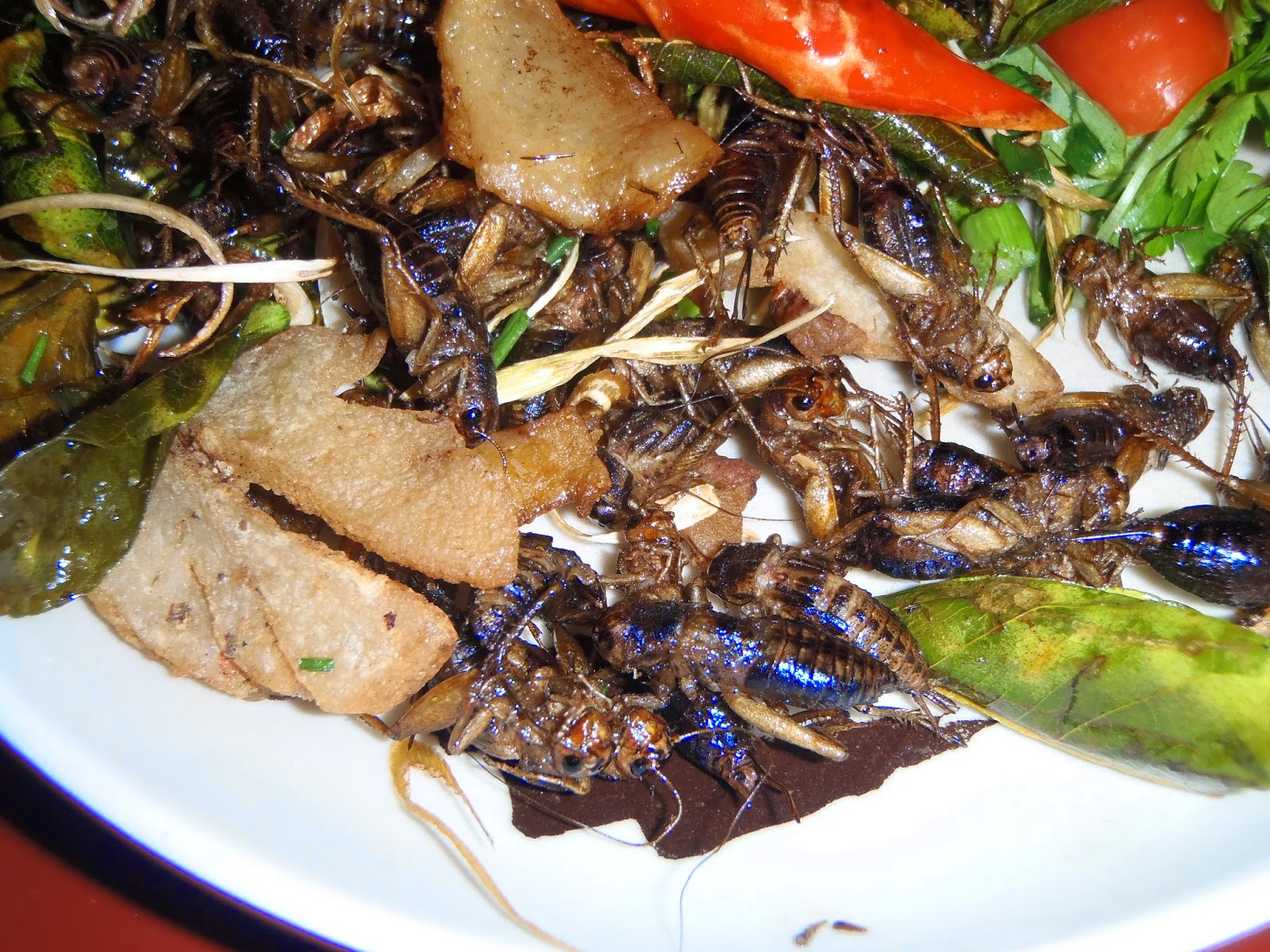From promoting sustainability to wanting to put on muscle, insects may be an answer to a lot of our problems.
Taking a look at some of the stats suggests that those 2 billion people may have a point, although they could still be a little crazy.
For example, the composition of unsaturated omega-3 and six fatty acids in mealworms is comparable with that in fish (and higher than in cattle and pigs), and the protein, vitamin and mineral content of mealworms is similar to that in fish and meat.
The below table from the FAO shows how favourably insects rate on in protein content against other animals:
Besides this, many insects are rich in micronutrients such as copper, iron, magnesium, manganese, phosphorous, selenium and zinc, as well as riboflavin, pantothenic acid, biotin and, in some cases, folic acid.
So even a quick overview can suggest that insects are of great nutritional value - certainly not deficient compared to their more common counterparts.
The clincher for me is that for the same amount of feed and far less water, space and energy, you could get four times as much cricket as you could beef. And if you want pure protein for building muscle, why buy whey when you can get a more well rounded, natural source?
While I haven't started rearing any crickets, my mealworms have started metamorphosing, which is fascinating. My long, thin mealworms have started turning into what looks like mini aliens from the film Independence Day:
The pupating mealworms will turn into beetles before mating and laying eggs to hatch as more mealworms
I will keep you updated on their progress as I should start seeing beetles soon. And fear not - the protein rich meal-worms are eaten before pupation.
In the meantime check out this great video from the BBC on insects as part of our future food system.




